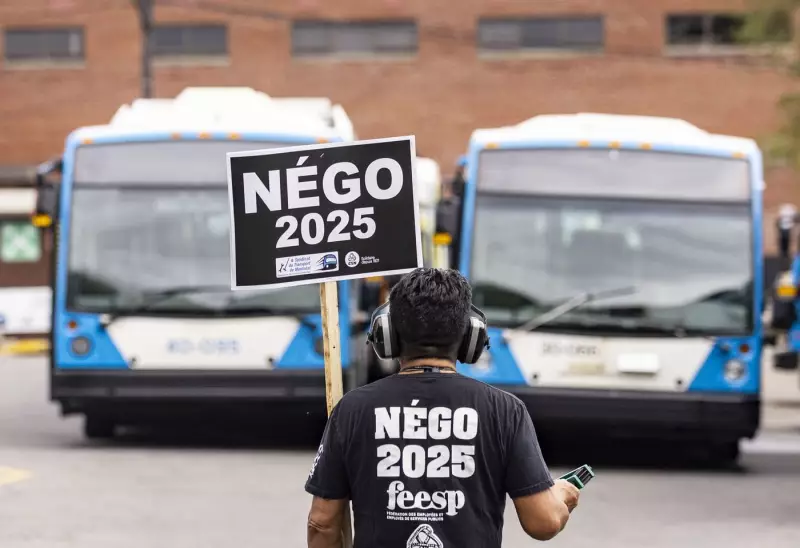
A looming transit strike in Montreal is poised to become the first major test case for Quebec's controversial new labour legislation, setting the stage for a dramatic showdown between unionized workers and the provincial government.
The situation has transit users across Canada's second-largest city bracing for potential chaos as the strike deadline approaches. The conflict centers around stalled negotiations between the STM (Société de transport de Montréal) and union representatives representing thousands of essential transit workers.
New Labour Law Faces Immediate Challenge
Quebec's recently enacted labour legislation, designed to limit strike actions in essential services, now faces its first real-world application. The law mandates maintaining minimum service levels during labour disputes in sectors deemed critical to public welfare.
This legislation represents the provincial government's attempt to balance workers' rights with public interest, but unions have criticized it as an infringement on collective bargaining rights.
Potential Impact on Montreal Commuters
If the strike proceeds, Montreal's nearly 1.7 million residents who rely on public transportation daily could face:
- Severely reduced bus and metro services
- Extended wait times during peak hours
- Overcrowded remaining vehicles
- Increased traffic congestion as commuters turn to personal vehicles
- Challenges for students, seniors, and low-income residents
Stakes High for Both Sides
The outcome of this labour dispute could set important precedents for future negotiations across Quebec's public sector. How the new law is applied—and how unions respond—will be closely watched by labour experts and policymakers nationwide.
With winter weather approaching, the timing adds additional pressure for a swift resolution. Both the STM and union representatives continue to negotiate under the shadow of the impending deadline, while commuters wait anxiously for news that could significantly disrupt their daily lives.





